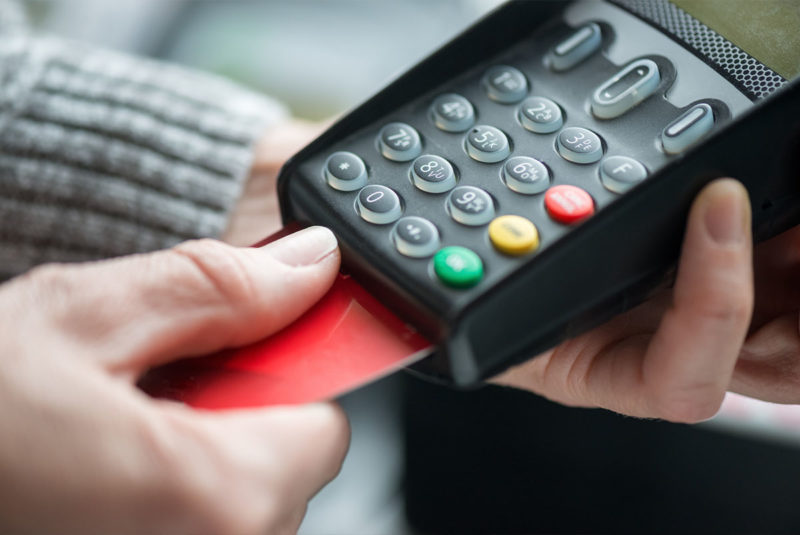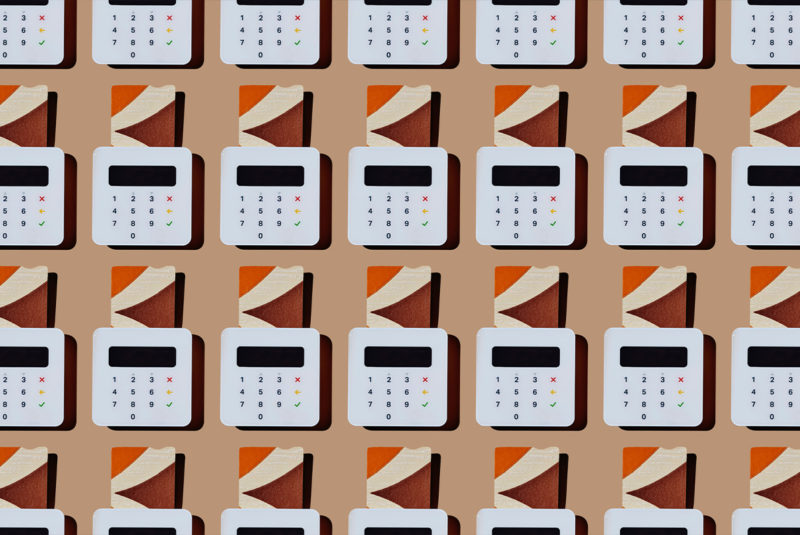Does your car payment fall on Monday, your mortgage payment on Tuesday and your credit card bill on Thursday? If you have too many big bills lumped together each month, it can really mess with your cash flow. And if you are making late payments because you are waiting for your next paycheck, you will get hit not only with late fees of as much as $35 each, but you could also end up triggering an expensive hike to the maximum interest rate that your card issuer charges.
This Little-Known Trick Could Save You a Bundle on Those Monthly Payments
Smooth things out with this little-known trick: move the due date on your credit card bill. How? It’s easy – just ask.
While not all card issuers will agree to reschedule your payment, several will. However, changing a due date is not a strategy that will help you out with the payment that is due next week. Rescheduling your due date can take at least one or two billing cycles. That means you will need to pay attention to the due dates and pay on time until the shift is made.
In addition, to get a new due date, you need to already be paying on time, especially if your card is from American Express, Capital One, and Citi. Other companies will work with you on an individual basis, but the better your payment history, the more likely you are to be accommodated. With most cards, you can go online to request a reset for your due date.
Once your date changes, your bill might go up a bit if you are carrying a balance and you have shifted the payment to later in the month. In that case, you will be paying interest charges that cover more than the standard thirty days, so don’t be surprised.
Card issuers also want you to choose a due date that is consistent from month to month, as required by the Credit CARD Act of 2009, which means you cannot ask to pay on the 29th, 30th or 31st.[1] If your card due date falls on a weekend or a holiday, your payment is good as long as it is made on the next business day, and the card issuer cannot slap you with a late fee.
Aligning Payment with Paychecks
Typically, cardholders want to shift a due date to align it with their cycle of paychecks, or to simplify the monthly bill-paying process. In those cases, the timing should be easy – just check to see when your automatic deposit of a paycheck or other payment hits your bank account. If you still get a paper check, then you will want a due date that leaves enough time to have your check deposited and cleared at the bank. And if you pay bills by snail mail, you need more time – about five days – to make sure your payment arrives on time.
Boost Your Credit Score
Another reason to move your due date is to help boost a shaky credit score. Card issuers report your balance to the credit bureaus each month, and the amount of credit you are utilizing is a big factor in calculating your score. FICO, the granddaddy of all credit scores, counts credit utilization as thirty percent of your score. By keeping your balance below thirty percent of your available credit, it can hike your score, so you want to make sure your payment is credited before your balance is reported to the credit bureaus.
Before you ask for a new due date, ask yourself why you want it. If it is because you are constantly running short on cash to pay your bills, consider calling a credit counselor or taking a good look at your budget to make sure you can pay your bills on time, whenever they are due.
The Short Version
- To get a new due date, you need to already be paying on time.
- Shift a due date to align it with their cycle of paychecks, or to simplify the monthly bill-paying process.
- Make sure your payment is credited before your balance is reported to the credit bureaus.
Government Publishing Office. “Credit CARD Act of 2009.” Retrieved December 2021 from http://uscode.house.gov/statutes/pl/111/24.pdf




